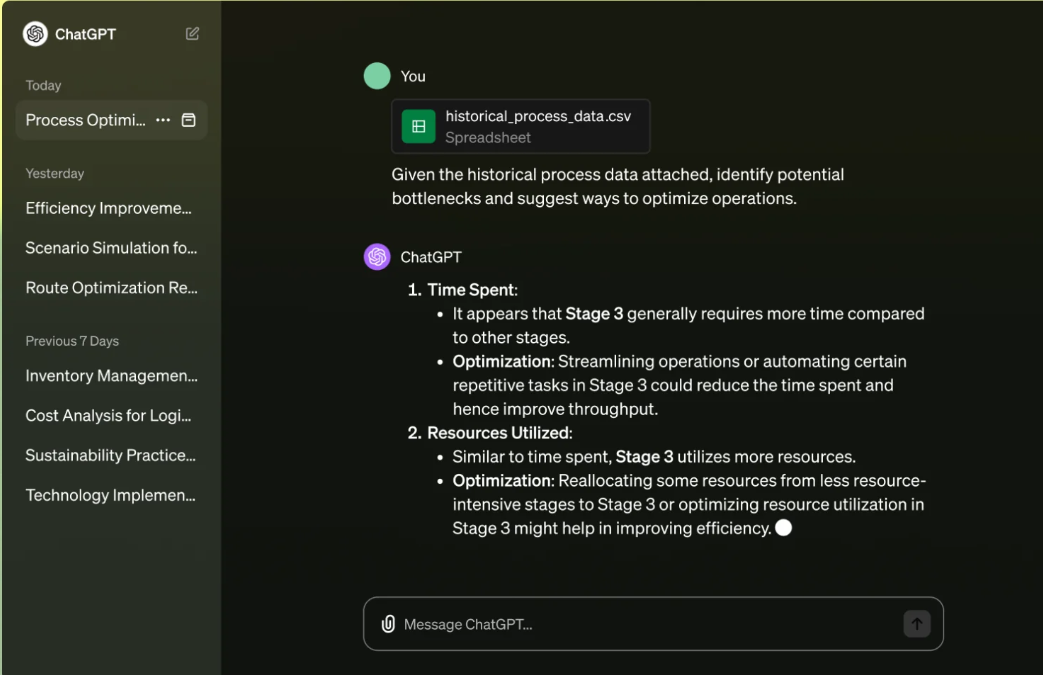OpenAI has built momentum by closing a big partnership with Apple, a channel deal with PwC and a series of enterprise wins. These events put an exclamation point on the enterprise traction that OpenAI is seeing directly and raise a big question: Will OpenAI eventually compete with its primary investor Microsoft?
Let's start with the big stuff. Apple's WWDC keynote outlined the company's generative AI strategy, which melds on-device processing, private cloud and a partnership with OpenAI. OpenAI will be a big part of iPhone queries that need to go to the cloud even though Bloomberg reported there is no money being exchanged. In other words, OpenAI is like an NFL Super Bowl halftime performer—it’s all about the exposure, marketing and distribution. Rest assured, that Apple has its own large language models (LLMs) to ensure it is closest to the customer experience, but OpenAI is in the mix.
That Apple partnership, however, only highlighted other recent data points. Consider:
- OpenAI is using Oracle Cloud Infrastructure (OCI) for more capacity to complement its Microsoft Azure compute.
- The company landed a big deal with PwC, which will adopt ChatGPT Enterprise throughout consulting giant, and resell OpenAI to clients. PwC will be the first reseller of ChatGPT Enterprise and its largest user of the product. Once an enterprise lands one big consulting firm others follow.
- Oscar Health partnered with OpenAI for automated documentation and claims processing. That deal highlights how OpenAI is expanding into new verticals like education and regions, notably India and Japan.
- Moderna said in April it is using OpenAI ChatGPT Enterprise to build custom models across its business.
The big takeaway from these deals is that enterprises are going direct to OpenAI. Plenty of enterprises are exposed to OpenAI via Microsoft. The Microsoft-OpenAI partnership has made OpenAI the biggest ingredient brand since Intel.

It's clear that OpenAI doesn't intend to be just an ingredient brand. Yes, Microsoft is a huge OpenAI investor, but the latter has bigger ambitions and a looming IPO at some point. Naming Sarah Friar CFO and Kevin Weil chief product officer only drives home that OpenAI is building out its management team ahead of an IPO.
This post first appeared in the Constellation Insight newsletter, which features bespoke content weekly and is brought to you by Hitachi Vantara.
What's next? Okta CEO Todd McKinnon said on CNBC something that a few observers have been wondering. McKinnon noted that Microsoft is effectively outsourcing its best AI R&D to OpenAI. Microsoft could become more like a consultancy than an innovator. I'm not sure that's exactly fair given Microsoft has been rolling out its own models and more choice, but McKinnon's perception isn't that surprising.
After all, we at Constellation Research have been debating this topic. Microsoft went with OpenAI to be first to market and the bet went swimmingly. The long run may look different for both sides.
My bet: OpenAI will increasingly compete with Microsoft to some degree, but the software and cloud giant will benefit either way since it is an investor. Over time, OpenAI and Microsoft will more resemble frenemies. The partnership will be a great business school case study a few decades from now. The frenemy outcome looks even more likely when you consider that regulators are sniffing around OpenAI and Microsoft. Looking like competitors could suit both companies in the near term.
Ray Wang, CEO of Constellation Research, said:
"For OpenAI to be taken seriously, Microsoft must let it partner with the entire ecosystem or face threats of anti-trust. The symbiotic relationship today was born out of Microsoft's desire to catch up and leap ahead in AI. But going forward, Microsoft is making investments to build its own capabilities. It would behoove Sam Altman to just partner with Microsoft. For AI to succeed, the approach Meta is taking will ultimately win - open source, open, and part of a larger ecosystem for data collectives."
Barry Briggs, analyst with Directions on Microsoft and former CTO of Microsoft's IT org, said:
"Tiny OpenAI has not one but three tigers by the tail, managing multibillion dollar relationships with not only Microsoft but Apple and Oracle as well. With growing demands from each of these mega players, OpenAI will, over time, be forced to navigate its own course among them – which may result in its “special relationship” with Microsoft becoming more distant. Microsoft in turn, hardly a wallflower in AI, has not only created its own language models but has already started partnering with other firms, Mistral being an example. Symbiotic? Maybe. Exclusive? Hardly."


